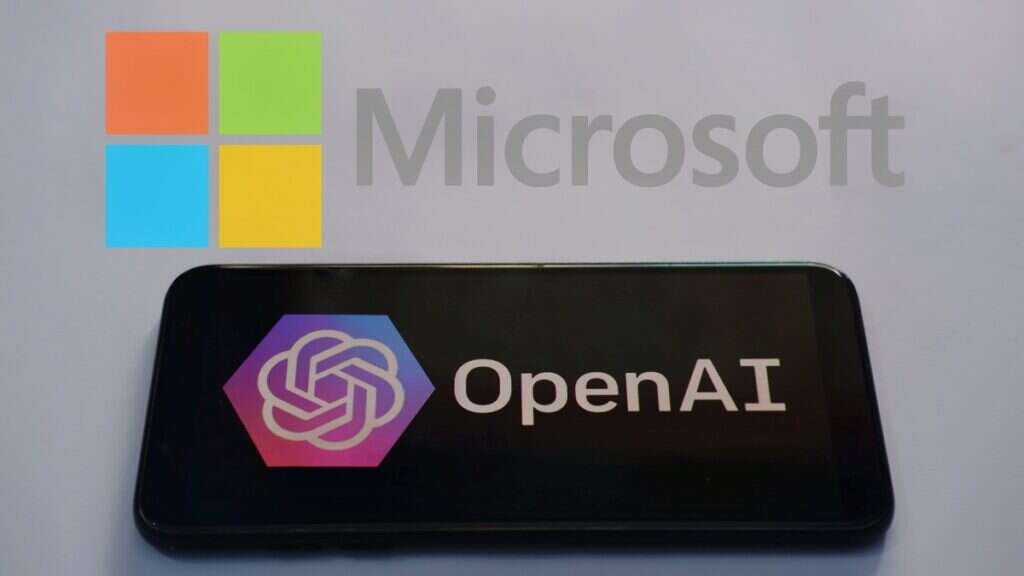
Over the festive period, Tech Monitor will take a look at some of the biggest stories from the past 12 months. We start back in January, when one of the biggest names in tech went all-in on generative AI.
Back in January, ChatGPT still seemed fresh and exciting and, keen to ride the wave of generative AI hype, Microsoft announced it was making a multi-billion dollar investment in its developer, OpenAI.

Microsoft and OpenAI’s relationship dates back to 2019, but this year’s investment, thought to be worth north of $10bn, took the partnership to another level.
As part of the deal, Microsoft agreed to develop supercomputers for training OpenAI’s models, with Microsoft’s Azure platform keeping its status as OpenAI’s exclusive cloud provider as part of the agreement.
“We formed our partnership with OpenAI around a shared ambition to responsibly advance cutting-edge AI research and democratise AI as a new technology platform,” said Satya Nadella, chairman and CEO of Microsoft. “In this next phase of our partnership, developers and organisations across industries will have access to the best AI infrastructure, models, and toolchain with Azure to build and run their applications.”
The fruits of the partnership were apparent almost immediately, with ChatGPT being integrated into the Microsoft Azure OpenAI service. It would prove to be the first of many AI-powered innovations across the Microsoft product suite revealed in 2023.
It wasn’t all good news at Microsoft though, with the company announcing 10,000 staff would lose their jobs as part of cost-cutting measures.
LockBit’s special delivery for Royal Mail
Having successfully negotiated the Christmas rush, Royal Mail found itself dealing with an unexpected problem in January when it was hit by a cyberattack.
The company’s services were disrupted when the attack hit on 11 January, and though domestic deliveries were back up and running the following day, weeks of problems with international dispatch were to follow.
Russian ransomware gang LockBit subsequently claimed it was behind the breach. This became apparent when printers at a depot in Belfast began producing labels featuring a ransom demand. The note read: “Your data are stolen and encrypted. The data will be published on Tor website,” and provided a decryption ID for Royal Mail representatives to log in to their computers to negotiate with the gang.
Royal Mail refused to pay LockBit’s $40m ransom demand, which led to data from the company leaking online. It later said that the attack cost it £10m, most of which was spent on repairing and strengthening its defences.
More from January 2023
- As Salesforce stalls, is Tableau toast?
- Generative AI will transform search forever
- How an IoT revolution in space could happen






